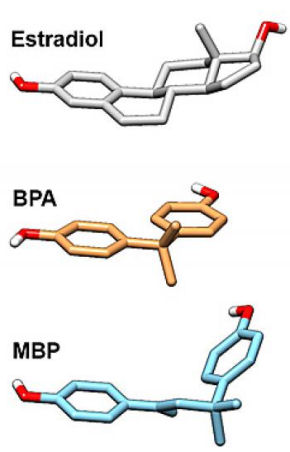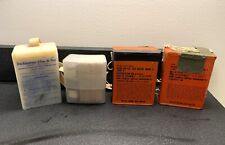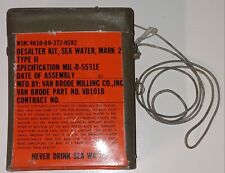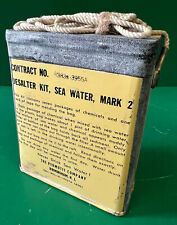
Plastic waste in the ocean isn’t just unsightly and a danger to marine animals. Scientists have now found that certain plastics breakdown rapidly in the ocean, releasing a heady cocktail of toxic chemicals such as bisphenol A (BPA) which is known to interfere with mammalian reproductive systems.
In the first study to look at how plastic waste breaks-down in seawater, scientists from Nihon University in Japan report that many plastics decompose in the ocean with surprising speed. They delivered their findings to the 238th National Meeting of the American Chemical Society (ACS), where they called the discovery “surprising.”
“Plastics in daily use are generally assumed to be quite stable,” said lead researcher Katsuhiko Saido. “We found that plastic in the ocean actually decomposes as it is exposed to the rain and sun and other environmental conditions, giving rise to yet another source of global contamination that will continue into the future.”
Saido said his team found that when plastic decomposes it releases potentially toxic BPA and PS oligomer into the water. Plastics usually do not break down in an animal’s body after being eaten. However, the substances released from decomposing plastic are absorbed and could have adverse effects. BPA and PS oligomer are sources of concern because they can disrupt the functioning of hormones in animals and can seriously affect reproductive systems.
Related:
BPA found to have “dramatic” effect on adult hormone levels
Experts demand FDA act on BPA report
Fresh concerns about BPA


















Comments are closed.